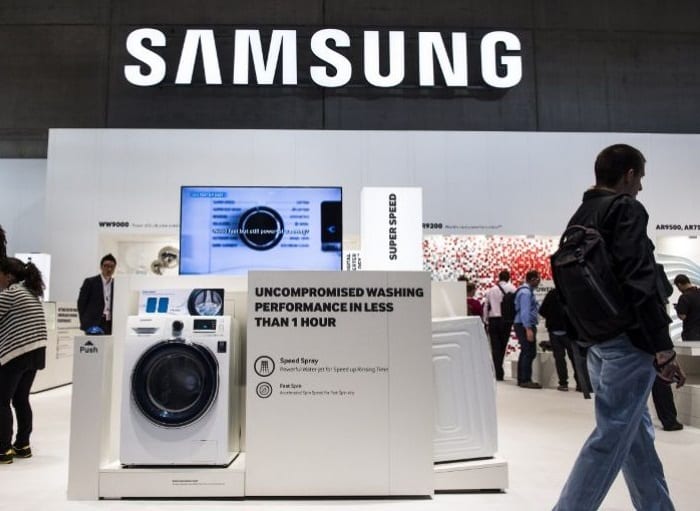At a hearing in Washington on Tuesday, the U.S. International Trade Commission recommended imposing tariffs on foreign-made washing machines. The move is largely an attempt to keep Samsung and LG from flooding the U.S. market with inexpensive washers.
The commissioners offered a range of choices within a three-year quota system. The ITC officials suggested the U.S. impose a 50 percent tariff on imports of large residential washing machines above 1.2 million units. The rate would go down to 45 percent and then 40 percent in subsequent years. The panel was split on whether tariffs should be imposed on imports fewer than 1.2 million units. Two of the four commissioners recommended a tariff of 20 percent on imports below the 1.2 million-unit threshold. The US President, Donald Trump, expected to issue a final ruling by early next year.

American appliances giant Whirlpool Corp. has accused Samsung Electronics Co. and LG Electronics Inc. of selling washing machines in the U.S. at below fair-market value while shifting production around to avoid U.S. anti-dumping duties. LG issued a counter statement saying Whirlpool’s complaint is an effort to restrain competition. Samsung also issued a statement saying any tariff would raise prices and provide fewer product choices. South Korea’s trade ministry said it may consider filing a complaint with the World Trade Organization. A statement released by the ministry after meeting officials from Samsung and LG said, “20 percent tariff if applied to imports below the 1.2 million quotas, will deal a big blow to South Korean firms’ exports to the United States.”
Negligible Impact on Samsung
Though Samsung’s Washing Machine business will be hit by the tariffs, the overall impact is expected to be negligible. Samsung makes the vast majority of its profits from memory semiconductors, smartphones and display panels. Only a tiny proportion of profits that Samsung makes from washing machines will get hit.
The South Korean firm plans to open home appliance factories in the United States in the next few years, which could cushion the blow from any possible import tariffs.





















